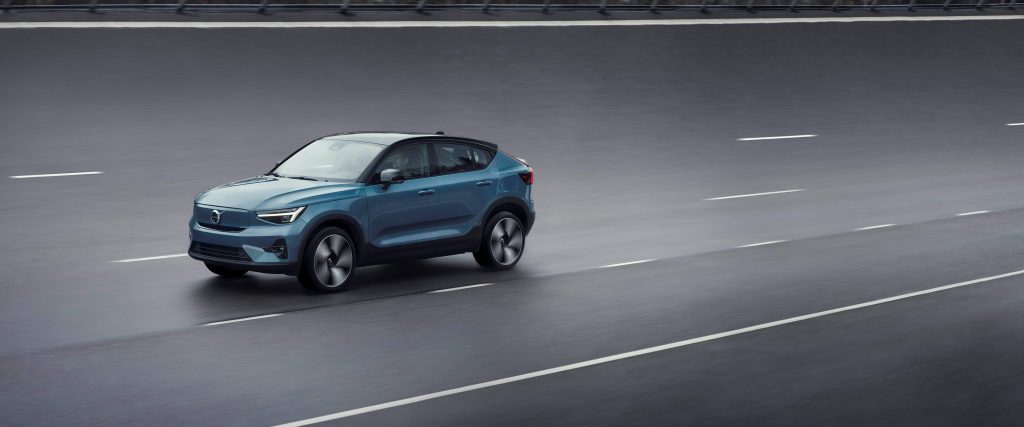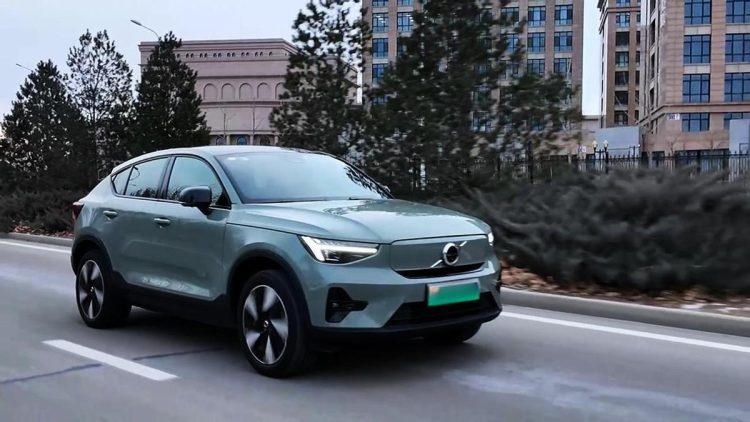In the era of climate change and environmental consciousness, Volvo Cars stands as a beacon of hope, leading the automotive industry towards a more sustainable future. With a commitment to reducing its carbon footprint and enhancing the quality of life for generations to come, Volvo’s eco-friendly technologies are transforming the way we drive, shaping a greener tomorrow.

At the Forefront of Electrification
Volvo’s unwavering dedication to electrification is a testament to its commitment to sustainability. By 2030, the company aims to have sold only fully electric cars globally, marking a significant milestone in the fight against climate change. Its extensive lineup of electric and hybrid vehicles, such as the Volvo XC40 Recharge and the upcoming Volvo Polestar models, offer a seamless blend of performance and efficiency, making electric driving accessible and exciting for all.
Efficient Powertrains for Reduced Emissions
Beyond full electrification, Volvo continues to refine its internal combustion engines, ensuring even its conventional models contribute minimally to air pollution. The company’s focus on developing highly efficient powertrains, coupled with advanced emission control systems, significantly reduces harmful emissions. This dedication to cleaner engines underscores Volvo’s commitment to offering sustainable mobility options for every customer.
Circular Economy and Sustainable Materials
Volvo recognizes that true sustainability extends beyond emissions reduction. That’s why the brand is actively embracing a circular economy model, where materials are reused, recycled, or repurposed throughout their lifecycle. From using recycled plastics in interior components to developing innovative ways to recycle batteries from electric vehicles, Volvo is leading the charge in reducing waste and promoting resource efficiency.
Furthermore, Volvo prioritizes the use of sustainable materials in its vehicles. For instance, the company has incorporated recycled textiles, natural fibers, and low-VOC (Volatile Organic Compound) materials into its interiors, creating a healthier cabin environment for drivers and passengers alike.
Smart Technology for Enhanced Efficiency
Volvo’s eco-friendly innovations extend beyond hardware, incorporating advanced smart technologies that optimize driving efficiency. Features like predictive energy management, which uses real-time traffic and navigation data to adjust the vehicle’s performance for optimal battery usage, and regenerative braking, which converts kinetic energy into electricity during deceleration, are just a few examples of how Volvo leverages technology to minimize environmental impact.
Conclusion
As the world grapples with the challenges of climate change, Volvo Cars stands as a trailblazer in the pursuit of sustainable mobility. Through its innovative eco-friendly technologies, commitment to electrification, and dedication to circular economy principles, Volvo is paving the way for a greener, cleaner future. With each new vehicle launched, Volvo reinforces its belief that sustainable driving can be both luxurious and accessible, inspiring others to join the journey towards a more environmentally conscious world.


































Discussion about this post